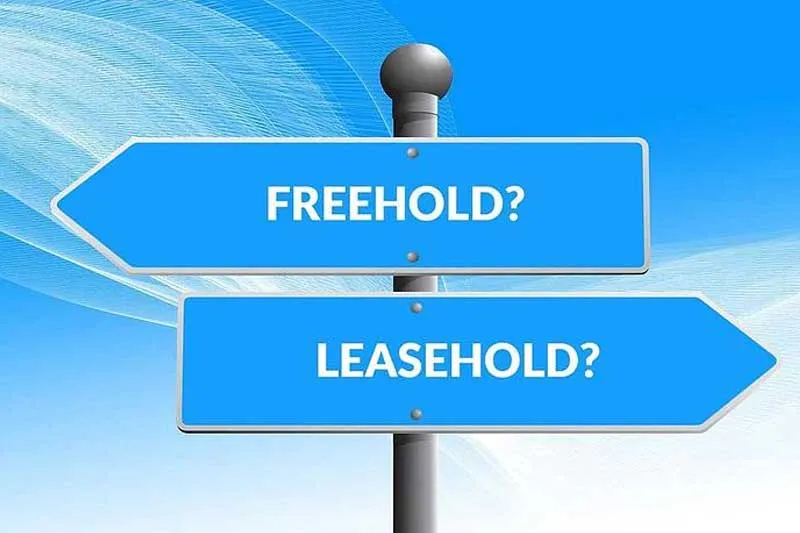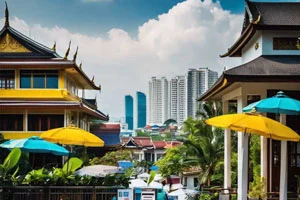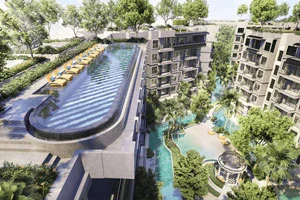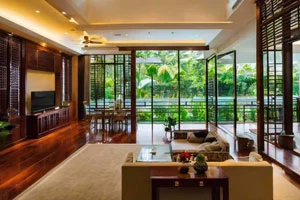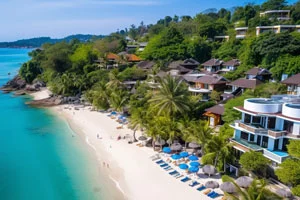Leasehold and Freehold in Thailand
In Thailand, as in many other countries, there is a distinction between leasehold rights and property ownership rights. The main forms of property ownership in Thailand are Leasehold and Freehold. Let's examine their features.
Leasehold is a form of property ownership where you lease the right to own and use the property for a specified period. Typically, this is a long-term lease for 30, 60, or 90 years. Upon expiration of the lease, the ownership rights of the property revert to the landowner. However, in the case of commercial leases, for example, you may have the option to extend the lease term.
Freehold is full ownership of the property without time limitations. When you acquire property on a freehold basis, you become the full owner of the land and any structures on it. You have the right to use the property for any purpose, inherit it, and so on.
In Thailand, leasing is often used by foreign citizens, as land ownership laws for foreigners are very strict. Therefore, many foreigners acquire property on a leasehold basis. However, there are exceptions, for example, foreign investors may acquire property on a freehold basis in designated investment zones.
Thus, the choice between Leasehold and Freehold depends on your needs, goals, and situation. Both forms have their advantages and disadvantages, and it is important to study them carefully before making a decision about acquiring property in Thailand.


